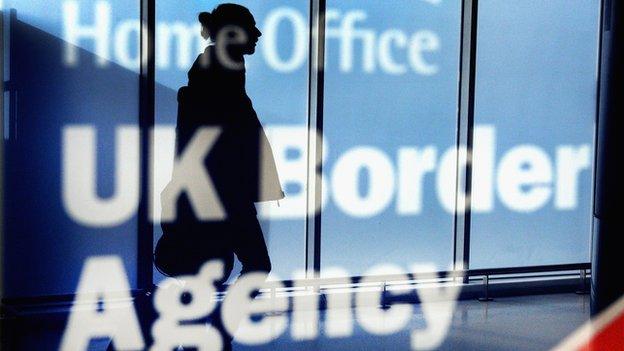Police illegal entry arrests rise by 25%
- Published
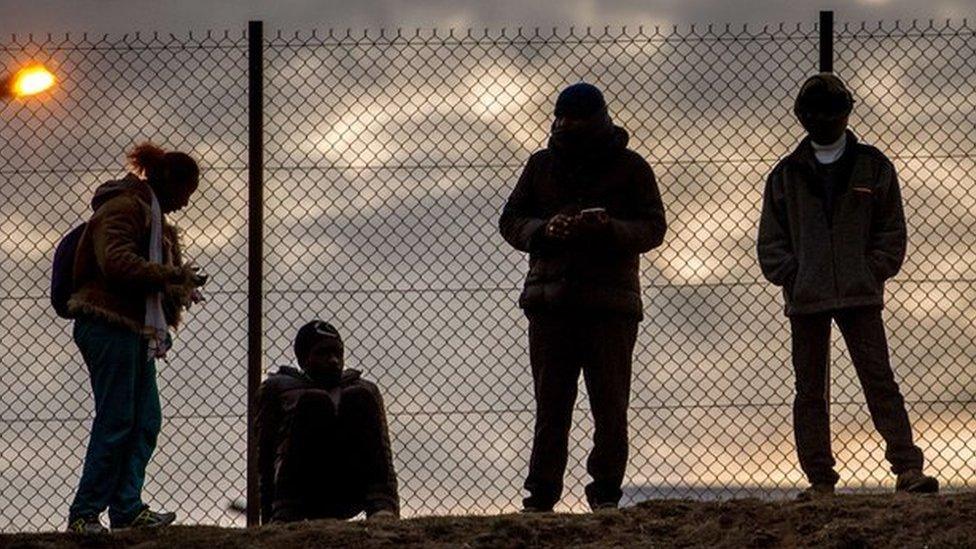
The figures are for those arrested by police after they slipped past borders unnoticed
Police forces have made more than 27,000 arrests for illegal entry into the UK since the beginning of 2013, a BBC investigation has found.
Data from 39 forces showed nearly a 25% rise in arrests from 2013 to 2015.
London came highest with 6,834 arrests, followed by Thames Valley and Kent.
The figures have been branded "appalling" by a former police officer. The Home Office said it was committed to tackling illegal migration and was targeting organised people-smuggling.
Statistics released under the Freedom of Information (FOI) Act showed there were 7,709 arrests in 2013, 7,913 in 2014 and 9,621 in 2015 - when many countries in Europe were struggling to deal with the refugee crisis.
The first five months of 2016 saw 2,619 arrests in the UK for illegal entry, bringing the total since 2013 to 27,862.
The figures have highlighted the increasing burden placed on police by suspected illegal immigrants who have slipped through border controls unnoticed.
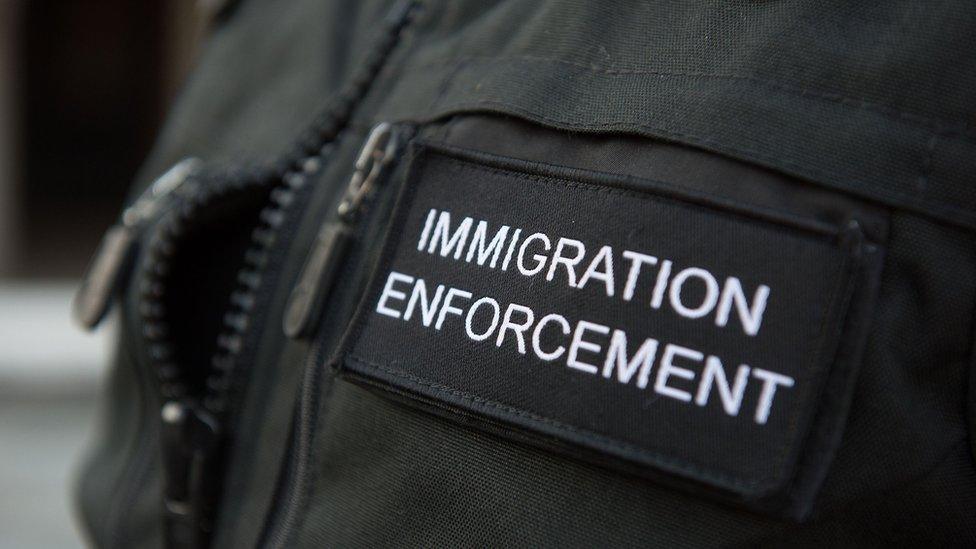
The Home Office has created a taskforce to target organised crime gangs behind people-smuggling
Many of those arrested were found at motorway service stations and truck stops, having hidden in lorries.
But the number does not include people arrested for staying longer in the country than their visa entitles them to, or those detained at ports and airports who are dealt with by Border Force staff.

Analysis by BBC Home Affairs correspondent Danny Shaw
If you want to find figures on legal immigration, the Office for National Statistics has plenty. Illegal immigration is a different matter.
Clandestine migrants don't want to be found, let alone counted for statistical purposes.
Besides, the government wouldn't be keen to advertise how many people are in the country who shouldn't be.
But the police arrest data provide a good indicator of the scale of the problem.
Of course the numbers don't include those detained by Border Force staff at ports and airports, nor illegal entrants who've managed to stay under the radar.
But they do highlight the increasing burden on police presented by those who've slipped through border controls unnoticed.

The figures have led to renewed calls to improve security at UK borders and the English Channel.
A spokesman for the Home Office said: "As part of the ongoing action we are taking to secure our borders, we have invested tens of millions of pounds to bolster security at ports in northern France.
"We are also committed to finding long-term solutions to the problem of illegal migration, which is why we created the Organised Immigration Crime Taskforce last year to work with law enforcement and international partners to target the organised crime gangs behind people-smuggling."
Former Special Branch Police ports officer Chris Hobbs said: "Obviously these people are still getting through.
"And these are the ones that are being detected by police. What about the ones who are getting through undetected, who simply disappear?"
He said: "The figures really are unacceptably high. We are an island and really we're not making full advantage of the fact that we are surrounded by sea. We should be doing far better, and the figures are appalling."
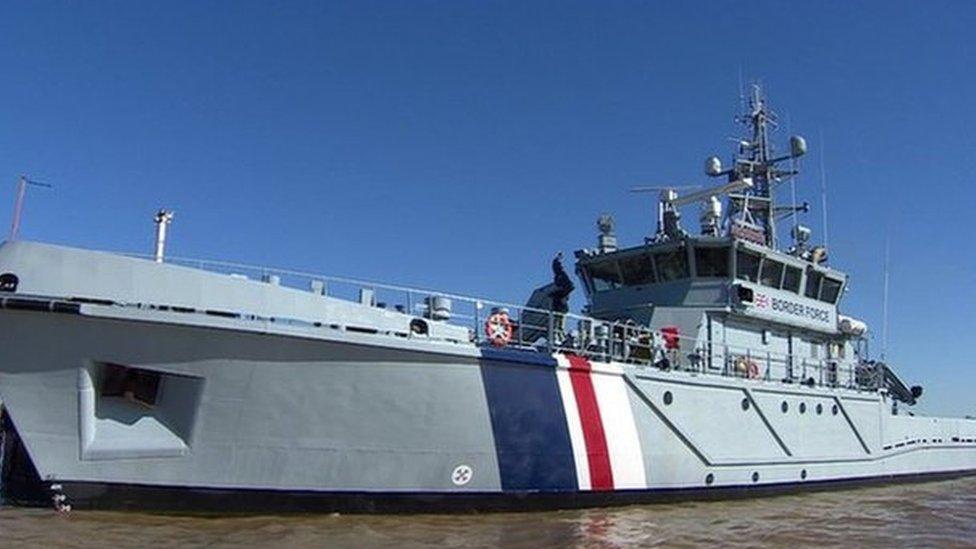
Dover's MP has called for further patrols to secure the Channel
Dover's Conservative MP Charlie Elphicke has called for further patrols in the Channel.
He said: "We need to not just dismantle the Jungle at Calais.
"We need to deal with the camps at Dunkirk and elsewhere and by the Channel ports. We also need to deal with the problem of people-trafficking by small craft.
"That's why I've been calling for a marine-led new Dover patrol to make sure that the English Channel is kept safe and secure."
Four forces - Lincolnshire, Wiltshire, Gloucestershire and Police Scotland - did not provide data at all while Essex and North Yorkshire did not provide data in a usable form.
Partial figures came from North Wales, Suffolk and Devon & Cornwall.
A separate FOI request showed that across the Channel, officials at ports in France, Belgium and the Netherlands intercepted 145,157 would-be migrants to the UK from 2013 to the end of March 2016.
Data analysis and reporting by Rachel Schraer
- Published25 August 2016
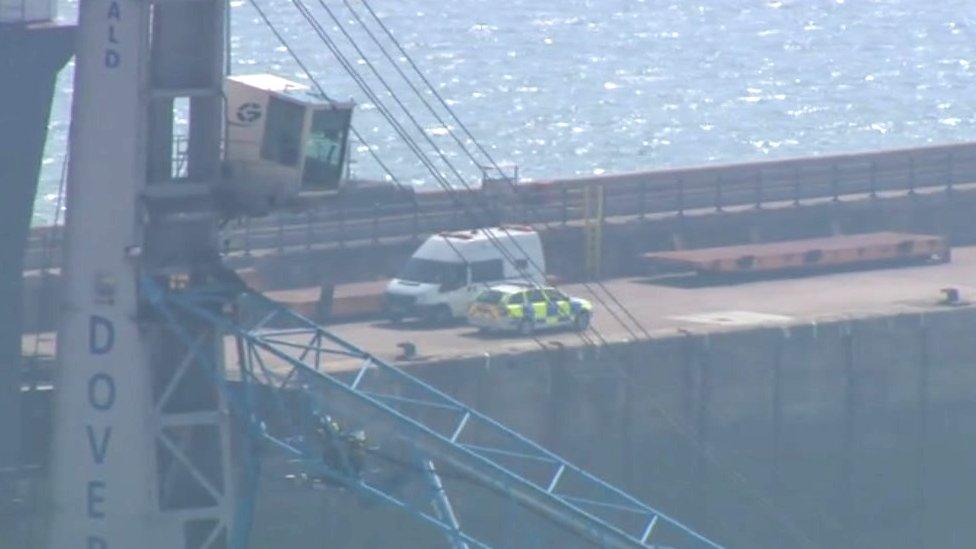
- Published4 August 2016
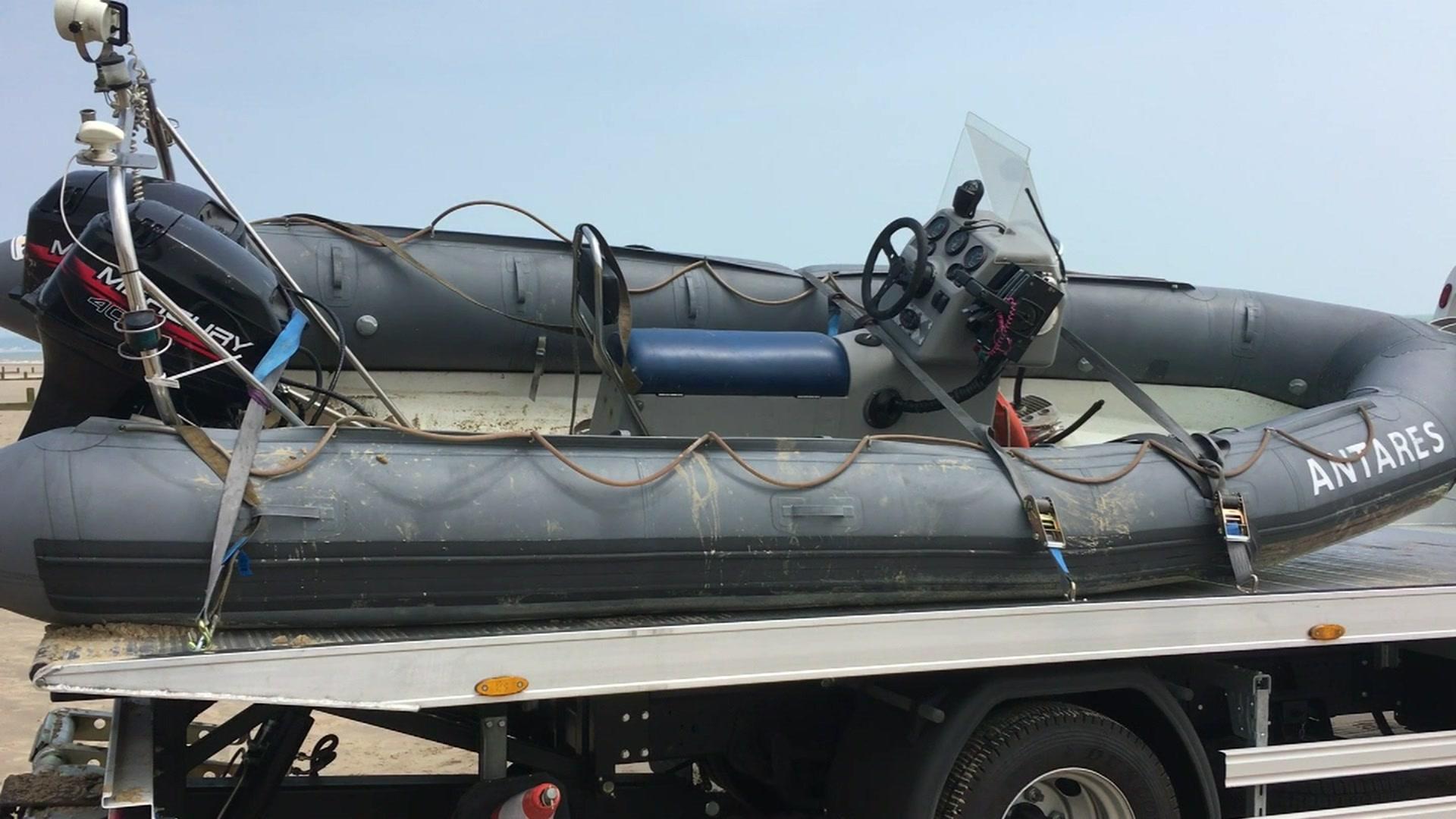
- Published3 August 2016
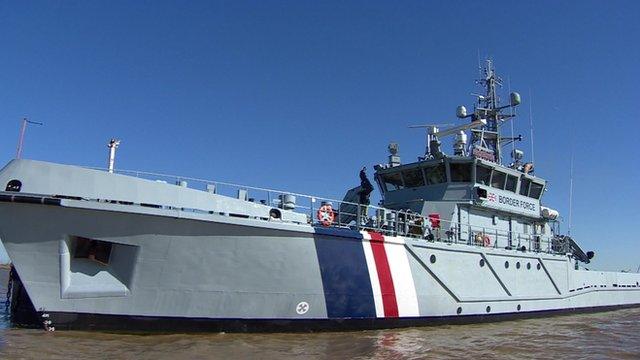
- Published29 July 2016
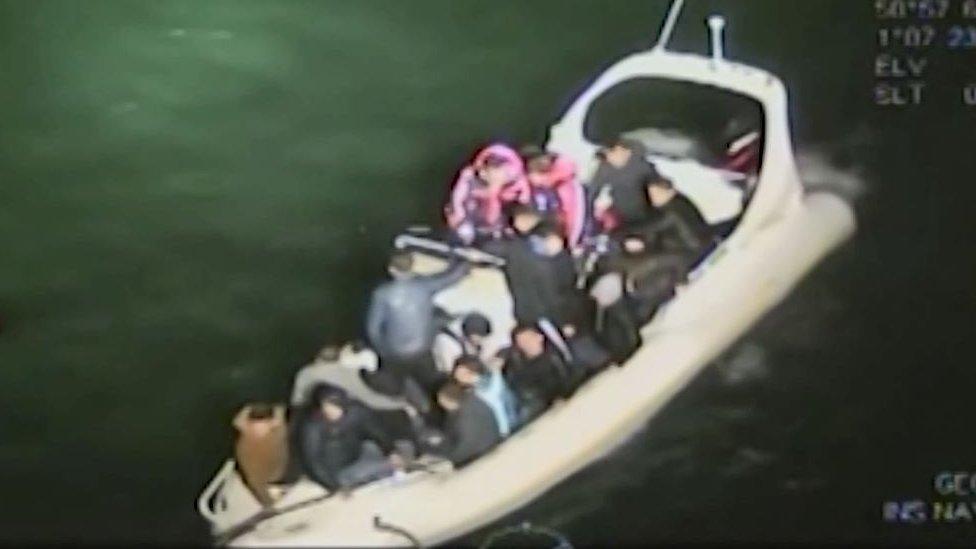
- Published24 September 2015
